There are occasions when you notice free WiFi in public places like coffee shops and airports. Once you see the WiFi signal, you quickly connect your phone or laptop to it.
Before connecting to a WiFi network, you must be aware of several safety precautions. A slew of hackers has spied on your machine since you related to that WiFi.
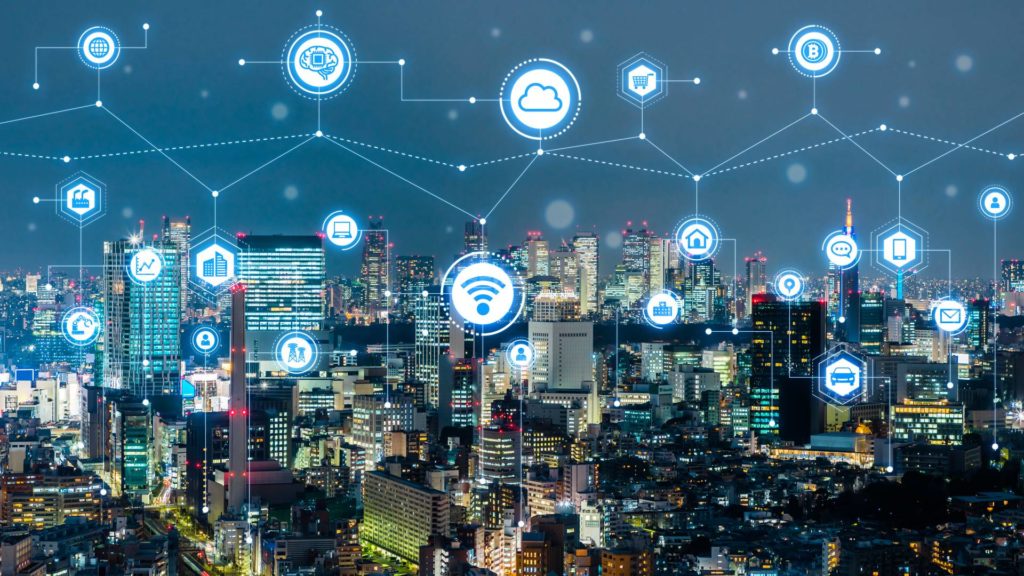
When using public WiFi, exercise care and safeguard your bank account and other critical information.
Is WiFi in public places safe?
This is the question for what we are reading in this tutorial.
This tutorial’s central question is addressed here.
Anyone may rapidly connect to free public WiFi. Therefore it’s not necessarily secure. A hacker’s effort to steal data from a gadget has failed several times.
We don’t know precisely how safe WiFi is. As a result, we always recommend utilizing a VPN.
We highly suggest you use a VPN service to prevent WiFi network detection of your devices.
Here are the 5 Top Tips for staying safe on public WiFi. Follow these tips to avoid any casualties in the future while using public WiFi.
5 Top Tips for Staying Secure on Public Wi-Fi
1. Use a virtual private network
Your PC or smartphone must have this as the first and most crucial security feature if you want to use public WiFi in coffee shops or lounges.
Recommendations – We recommend you try ExpressVPN; we have reviewed it and found this VPN is at the top of our list.
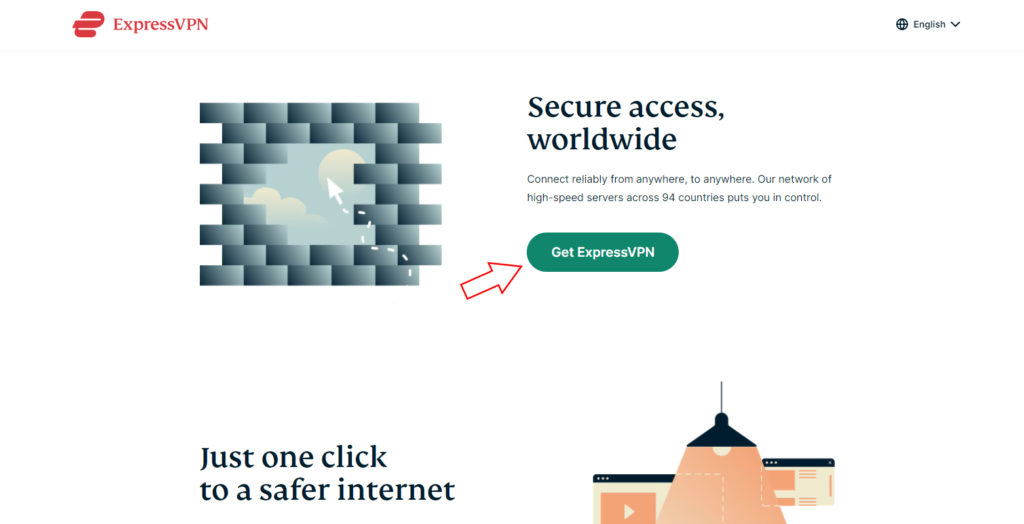
Using a VPN service hides your current location by changing its IP address, and hackers cannot be caught nearby.
Many VPN service providers like ExpressVPN, Hide Me, Private Internet Access, and more. These are all premium VPN services, so you must buy them before using them.
But you can use the trial period offered by Hide Me VPN if you are not frequently using public WiFi.
Does VPN Protect You on Public WiFi
If you use top-rated VPNs, it ultimately protects you against unknown activities.
VPN provides a virtual network, so you can not be seen on the local WiFi network. So hackers can’t see your activity, and you are 100% safe with your device.
2. Check the HTTPS Website.
HTTPS sites ensure that whatever information you have on that website is secure, and no other can see your details if the website has an HTTP extension.
You can quickly check if a lock is like a logo in the website link (see the below screenshot).

3. Use Anti-Virus
Nowadays, Anti-Virus is a must for every PC or Smartphone, but when it comes to using your device in public WiFi, it becomes of utmost importance to have Anti-Virus.
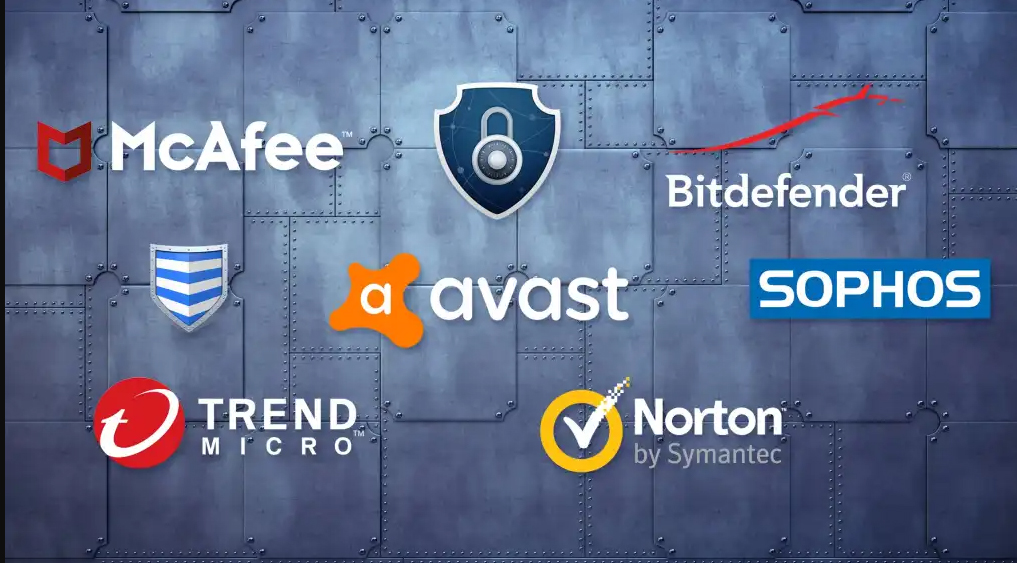
Always use updated Anti-Virus in your system as it shows the first signal of the unsecured network or any virus attack on your PC or smartphone. Some of the best Anti-virus are BullGuard, ScanGuard, Norton, and much more.
We recommend you try some best-selling Antivirus – BullGuard, HitmanPro, and Panda Security.
4. Enable Two-Factor Authentication
Two-factor authentication is a protective layer of protection to guarantee that only you have access to your account.
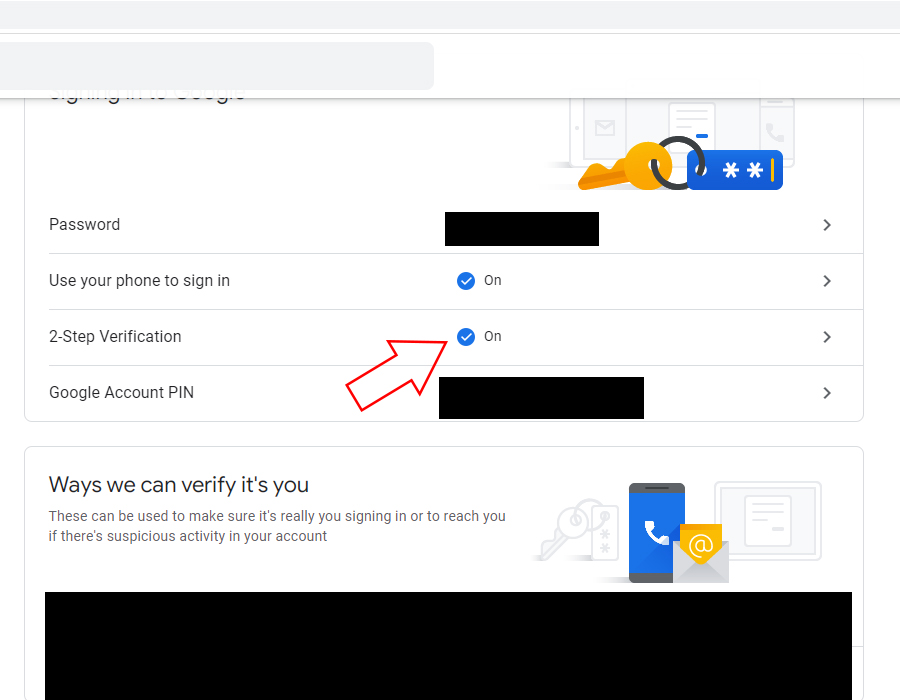
We can use this as an example if you have a Gmail account and have activated Two-Factor Authentication. A password is required, and a verification code is sent to your registered cellphone number. As a result, you can rest assured knowing that only you have access to that account.
You may check: How to Enable Two-Factor Authentication in an iOS device.
5. Turn Off Wi-Fi when not in use
Free Wi-Fi hot spots throughout the world It’s possible that your phone or laptop may automatically join an Open WiFi network, which hackers can use to steal your data or other sensitive information.
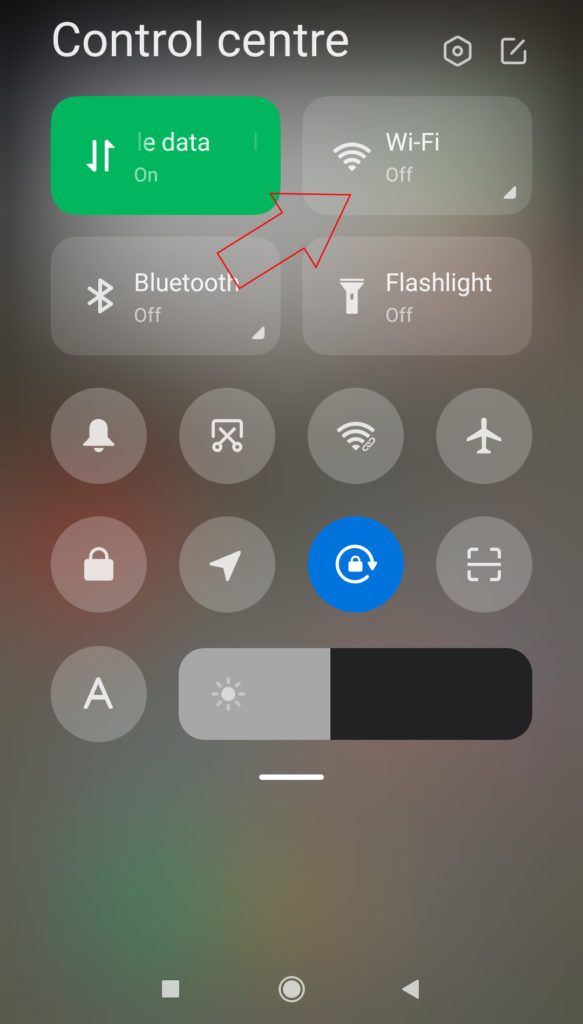
So always keep WiFi off when not in use.
You may also be interested in
Keeping in mind these above steps, you hope you can easily prevent your details by staying safe and secure on public WiFi.
Backblaze or IDrive are other good options for online backup. You can always get your data back if anything goes wrong.
Keep in touch with us for more helpful information on social media, Facebook, and Twitter.